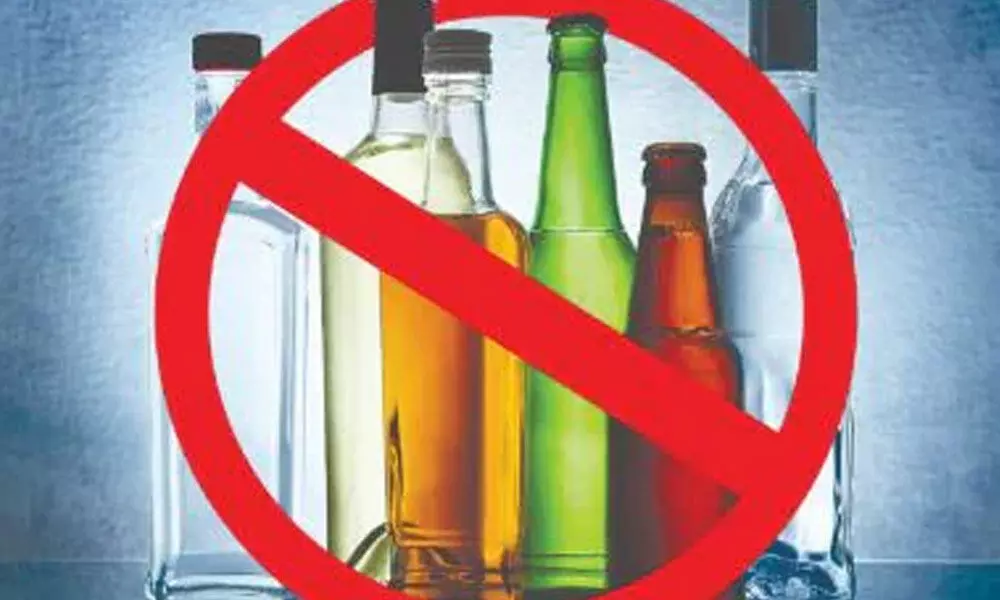Is prohibition a standalone solution for alcohol addiction?
Prohibition is enshrined in the Constitution for the state of Gujarat and other states can enforce prohibition if they deem fit to do so.
image for illustrative purpose

Prohibition is enshrined in the Constitution for the state of Gujarat and other states can enforce prohibition if they deem fit to do so. States like Bihar, Mizoram, Nagaland and Lakshwadeep except the island of Bangaram have enforced prohibition.
The use of prohibition in India has a long history. Gujarat, the home state of Mahatma Gandhi, declared prohibition soon after the British left and has stuck to this policy ever since. More recently, however, prohibition became a major vote winner in the states of Andhra Pradesh and Haryana. Alcohol misuse has become such an enormous problem that it is now the main issue on which elections are being fought and won.
Alcohol misuse is one of the main killers of young men in India today. But its real impact is on the social and family dynamics that underlie our communities. Domestic violence and an exacerbation of poverty have made alcohol misuse the single most important problem for women in India.
However, the huge revenues earned by the States are a deterrent to enforce prohibition. In FY20, the revenue from the sale of alcoholic beverages for the States was: Maharashtra (Rs 24,000 crore), Uttar Pradesh (Rs 26,000 crore), Telangana (Rs 21,500 crore), Karnataka (Rs 20,000 crore), West Bengal (Rs 11,874 crore), Rajasthan (Rs 7,800 crore) and Punjab (Rs 5,600 crore). If only a portion of these revenues could be used to tackle alcohol misuse. Primary preventive strategies would enable the reduction of drinking problem.
Another issue with prohibition is that it leads to dangerous forms of spurious liquor being widely available. This is because since possessing liquor carries a certain amount of risk, bootleggers tend to make the spurious drink more potent so that it has the desired effect in a small amount. Therefore, it is no surprise that reports of deaths due to consumption of hooch have been on the rise, especially in the rural areas, where many cannot afford the fancy liquor that the rich and powerful consume.
The alcohol menace keeps coming up on the media radar and is pushed back every time. In recent years, the governments of Bihar, Kerala and Haryana have introduced different forms of liquor control measures. Bihar opted for complete prohibition with mixed results. Kerala preferred a more sensible policy of graded reduction in liquor consumption. The new government in Haryana has announced a half-hearted policy of closure of liquor shops when demanded by 10 per cent Gram Sabha members. Maharashtra has witnessed strong anti-liquor movements leading to prohibition in three districts. Anti-liquor movements are strong in Tamil Nadu and Karnataka. There is a need to focus on rehabilitation and the prudent use of revenues that could make alcohol socially acceptable, and not the killer it is perceived to be.

